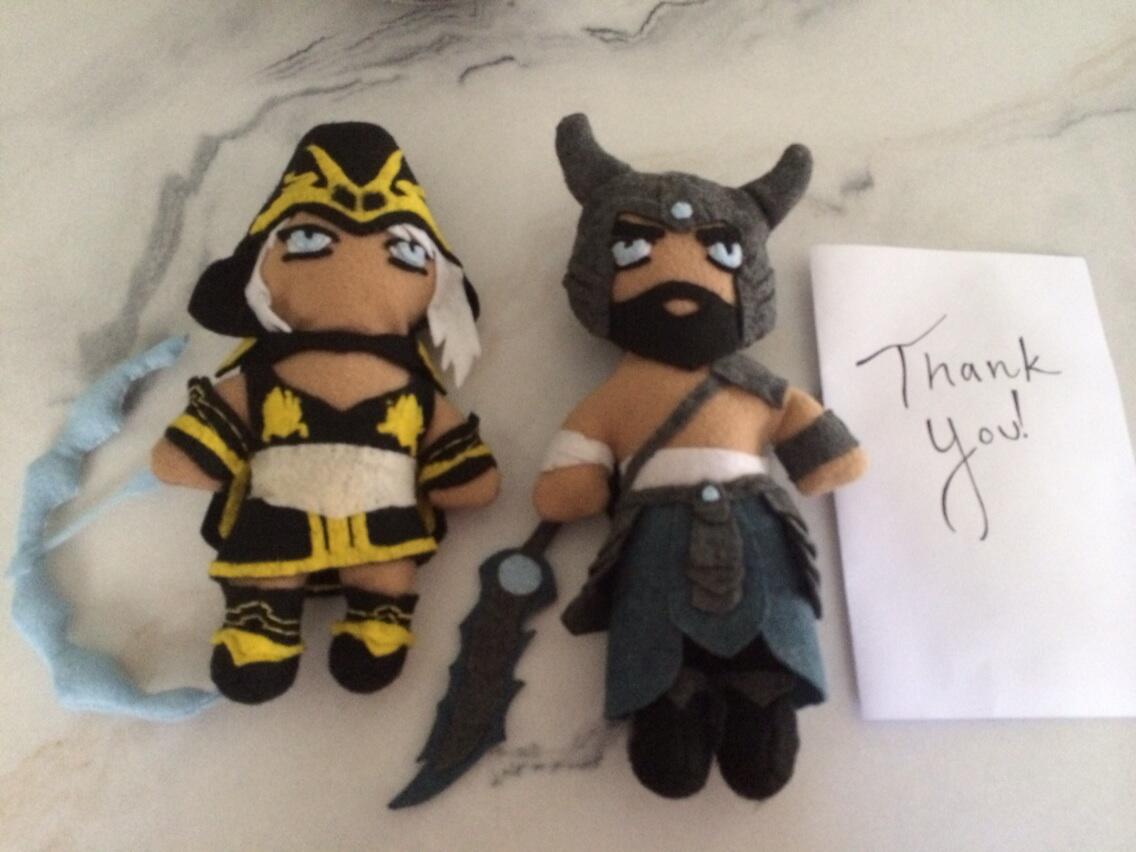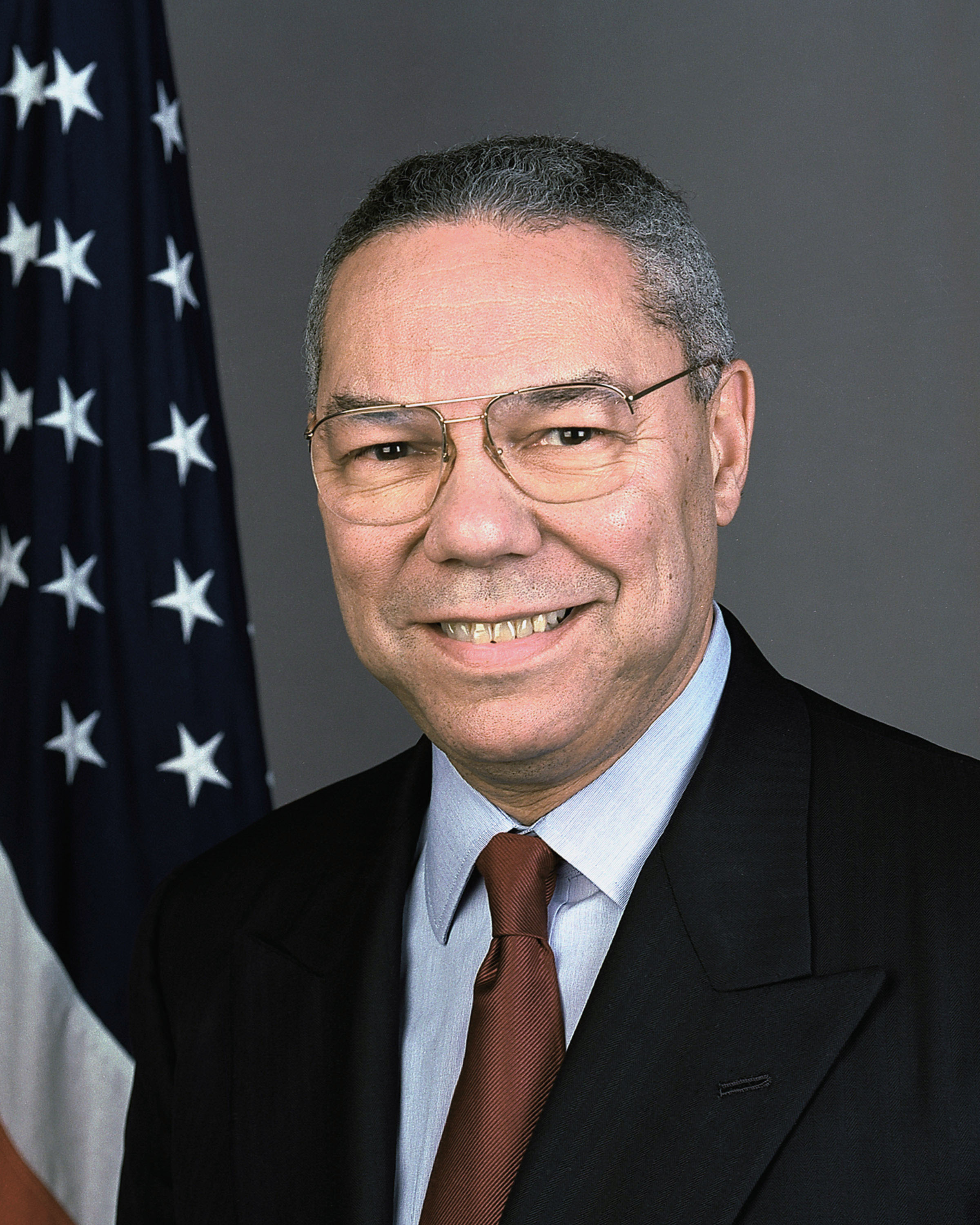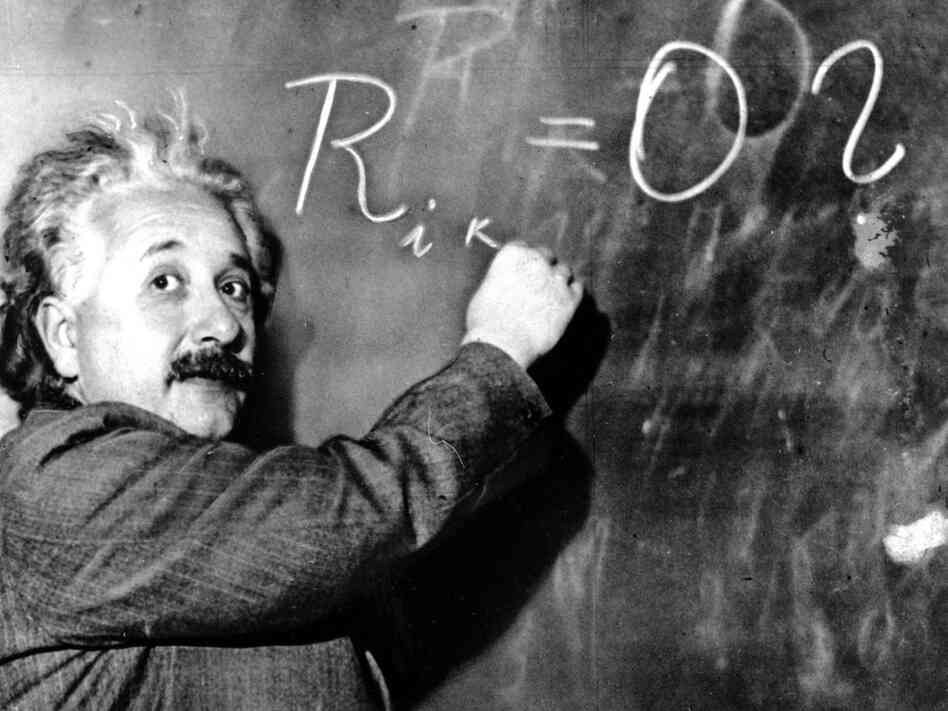 |
| I went to USC across town - and was sure to make many jokes about this classic rivalry :) |
It had been a while since I had a chance to sit down for a prolonged period of time with so many different LOL players and it was a fantastic experience. But what was also very interesting was that this was the first time my wife had actually had an opportunity to directly hear the stories from League players talking about how meaningful the game is to them and how appreciative they are of Riot's efforts.
A couple cool highlights as examples:
 - One woman (Vivian, you rock) made Tryndamere and Ashe dolls and wrote a thank you letter to Riot to thank us for making her favorite game and she actually apologized (no need!) for not being able to spend any money in the game (because she's a student without much money!) and she said she wanted to find a way to express her appreciation. Wow!
- One woman (Vivian, you rock) made Tryndamere and Ashe dolls and wrote a thank you letter to Riot to thank us for making her favorite game and she actually apologized (no need!) for not being able to spend any money in the game (because she's a student without much money!) and she said she wanted to find a way to express her appreciation. Wow! - One engineering student highlighted that the game is how he and his brother who live across the country from each other now keep in touch and have been able to remain close despite the distance
- An exchange student from China mentioned that the game was how he has been able to assimilate into Western culture and meet great friends at UCLA. It's a shared language that helped him bond with people from completely different backgrounds.
Hearing these stories like these are enough to make even the toughest Barbarian King as weepy as Amumu. We LOVE these stories at Riot and constantly try to collect them because of how motivating they are to all of us.
But what my wife wanted to talk about and highlight was how amazed she was about how genuinely inspired people were and how cool of an opportunity it is to be able to potentially positively impact people's lives around the world even in some small way. This led to a conversation about the importance of role models where we each reflected on the role models that we have, or that we seek and those individuals who helped shape our perspectives on how we view the world (oftentimes unbeknownst to them).
 |
| Amumu is always weepy |
I often ask people in interviews who their role models are. Why? Because I think this can tell you a lot about the person.
- Do they have role models? If they can't think of any, that's a big flag. Do they not take the time to reflect on what values they aspire towards? Do they not admire anyone's accomplishments? Are they too cynical or jaded to be inspired? Any of these are sufficiently worrisome to want to probe deeper around that particular concern. I have encountered many people whom I concluded didn't have any role models because they were too busy being impressed with themselves to take the time to admire others. This suggests that they are not humble, self-aware or that interested in pushing themselves to learn about different things or challenge their own assumptions.
There are possible valid reasons to not have any role models (of course), but the key is understanding the rationale. One example I'll highlight is that it is often hard (but clearly not impossible) for aspiring woman entrepreneurs to find women role models who are extremely successful at building businesses while being sufficiently attentive to their families (this is a sufficiently large topic for books, let alone a tiny blog - and yes, society and guys in general need to do more here... topic for another day).
- Who are their role models? Common answers are various celebrities because their persona embodies a particular ideal (musicians often do this well), parents or grandparents oftentimes cited for work ethic, balance or achievements both professionally and/or at home. The more rare answers that I have heard are often stories of inspiration oriented around certain peers with admirable qualities that are subtle, such as a friend who exhibited great courage in a situation where she stood up against something she believed was wrong in the face of very strong social pressure, etc. People admiring politicians and military leaders are also remarkably rare these days, which makes me sad and seems to be a reflection of our dysfunctional system.
I have had many role models throughout my life. Some famous, most not. I have also been inspired by a great many people, but would stop short of allocating the title of "role model" to them. I am often inspired daily by the great actions or work of the many talented people at Riot, but I label someone a "role model" when it is their persona and value system that inspires me rather than an individual action. The dictionary defines a role model as "a person looked to others as an example to be imitated" - and this passes the sniff test for me because many of my role models have done exactly that - I wanted to be more like them.
Here are two examples of people who I have referred to as role models:
 |
| Yes, I am a badass |
experiences. He became a 4 star general, later became the first black chairman of the joint chiefs of staff and all the while all reports say he stayed a "regular guy". He apparently declined running for President despite his enormous popularity because he didn't want to deal with all of the crap associated with that (I read his "didn't have the fire in the belly" comment to mean, "there is too much BS to deal with and I'd rather solve problems directly") and later became the secretary of state.
But beyond his impressive career accomplishments despite his humble beginnings, the thing that resonated the most with me was his values and outlook on the world. My mom gave me a plaque listing "Colin Powell's rules" when I was 13 years old and I still have it on my desk today. His 13 rules are:
1. It ain't as bad as you think. It will look better in the morning.
2. Get mad, then get over it.
3. Avoid having your ego so close to your position that when your position falls, your ego goes with it.
4. It can be done!
5. Be careful what you choose. You may get it.
6. Don't let adverse facts stand in the way of a good decision.
7. You can't make someone else's choices. You shouldn't let someone else make yours.
8. Check small things.
9. Share credit.
10. Remain calm. Be kind.
11. Have a vision. Be demanding.
12. Don't take counsel of your fears or naysayers.
13. Perpetual optimism is a force multiplier.
From my perspective, these relatively simple rules are truly profound. Without going into detail and analyzing each one, I'll instead leave them as is and let you take away what you will from them.
Matt Markis - Matt is not famous (at least not yet), but among those who know him, he is one of a kind. Matt is one of the most humble, genuinely nice people who truly cares for others that you will ever encounter. It is no wonder that he is now a Psychiatrist who helps people for a living.
I met Matt my freshman year of high school during hell week for football. And my first encounter with him was essentially me being a complete douche. Ages 12-14 were not great years for me - I was essentially a "shit head". Being rude to people for no reason, thinking I was cool and doing a bunch of practical jokes that while oftentimes clever (at least I'll give myself that), they were completely destructive, harmful and often hurtful to other people - and I didn't even realize it. I was completely in my own world.
 |
| Matt is the best at delaying gratification of anyone I have ever met |
So, figuring that I would go meet the new guys, I walked up to them and asked, "Hey, do you guys like rap?" This was 1994 - gangsta rap was in full effect. They looked at me, paused, shrugged a bit and said "yeah" - to which I replied, "losers!" or something like that and ran off. I guess I thought I was really cool.
Wow - way to go me. Matt and Adam were like - "who the hell was that douche"?
Over the next several months, Matt and I were not friends. But he never held that initial meeting against me and over time as we played football together and had some of the same classes, we got to know each other better. And I in particular started to notice something over time.
In a nutshell, Matt wasn't a "try hard".
He just was who he was and it was great. Matt had the most quiet confidence of anyone my age who I had ever encountered and it had a profound effect on me. There was some inflection point where I realized, "wow, I want to be like him", where I genuinely didn't worry about trying to being perceived as clever, funny or cool - and it was far more impactful to ACTUALLY be those things because you ARE them and not because you had to TRY to be them.
I don't know exactly what clicked for me or how it did, but somehow I started to relax and change over time. I started noticing subtle things other people did that I thought was neat and I'd compliment them. Like, "Ray, I thought you did a great job with noticias (news) in Spanish class today", and other random comments - but they were genuine. It was like my whole view of other people and the world was starting to shift. I started to really appreciate lots of "different types" of people for who they really were, where as before I simply failed to take the time to notice. This different perspective changed my behavior naturally over time in dramatic fashion (but of course still made mistakes as we all do). I was still the same person, but the insecurities which caused lame behavior simply started to melt away - and I grew more self-confident which continued to generate more positive momentum for this change. This gave me the confidence to stand up to a lot of situations - like defending people being bullied by other guys on the football team and fully embracing my hardcore gamer side publicly. (Why, yes, I DO play D&D - why don't you?). Later on Matt and I were both voted by our teammates to be co-captains of the football team (along with some other great guys) and we both reached the rank of Eagle Scout together (Matt really helped motivate me to not quit scouting despite all of the other pressures to stop participating).
I realized it takes a lot of hard work, self-reflection and discipline to actually be who you aspire to be day in and day out and that if you really want to change, you CAN change - but it takes time.
Somehow, by Matt being Matt, he changed this for me and it is a gift that I will forever cherish and he didn't even intentionally give.
 |
| Some of the homies - check out my afro! |
It is difficult to stay in touch as we all get older, have families, time-consuming careers, etc - but I will forever cherish how Matt and many of my other friends have challenged me, inspired me and helped me to become who I am today and who will help shape who I will continue to evolve to become in the future.
Let's all do our friends, loved ones and any role models that we may know a favor and let's let them know how meaningful they are to us.
And if you don't have any role models, ask yourself why that is and spend some time thinking deeply about who the person is that you want to be. When you find that, it's likely that you'll notice some things about other people that you haven't seen before.
Marc "Tryndamere" Merrill







